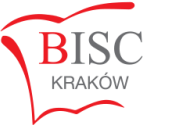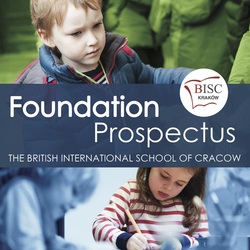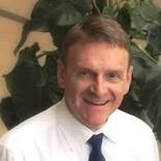LearningFoundationPrimary
Secondary
IBPolish Programme |
Early Years Foundation Stage (EYFS)The Early Years Foundation Stage (EYFS) is comprised of two year groups: Foundation 1 (ages 3-4) and Foundation 2 (ages 4-5). At BISC we deliver the 7 areas of learning through a play-based curriculum using the 2017 EYFS framework. We provide a safe, caring and nurturing environment allowing children to settle quickly and become competent learners.
The EYFS framework is used to focus on 7 key areas:
The Prime Areas are for igniting children’s curiosity and enthusiasm for learning, and for building their capacity to learn, form relationships and thrive.
TeachingIn Foundation at BISC, there is particular attention paid to the holistic development of each, individual child, equipping them with the strongest foundations on which to build future learning, in preparation for Key Stage 1.
|
LeadershipNeil Hugo
|
Copyright © 2015 The British International School of Cracow
British International School of Cracow Spółka z o.o. |
ContactBritish International School of Cracow
ul. Smoleńsk 25 31-108 Kraków Poland Tel.: (+48) (12) 292 64 78, Fax: (+48) (12) 292 64 81, e-mail: [email protected] |
|








